News
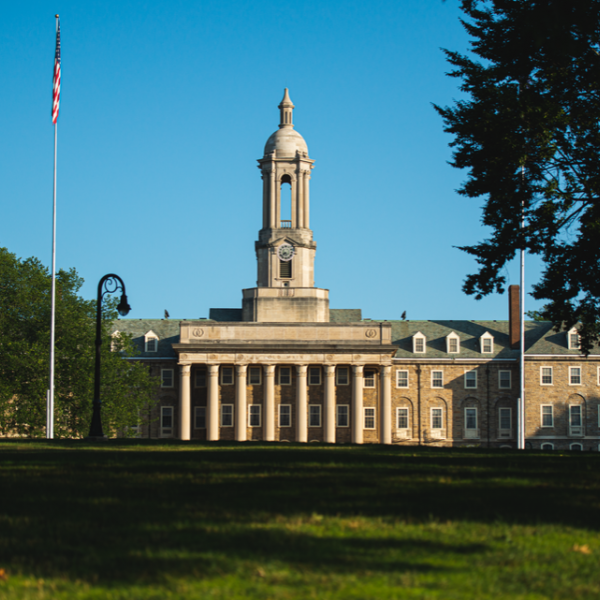
Jul 14, 2023
Penn State announces faculty recipients of 2023-24 U.S. Fulbright Scholar awards
Eleven Penn State faculty have received Fulbright Scholar Awards for the 2023-24 academic year, according to the Fulbright U.S. Scholar Program.
Full Article

Jul 12, 2023
Growing cover crops under vineyard vines is a sustainability strategy
A new study by Penn State researchers shows that in regions with fertile soils that receive plenty of rainfall, growing cover crops under the vines so that the vineyard floor is completely covered with vegetation is a sustainable strategy.
Full Article

Jul 11, 2023
Penn State Master Gardeners honored internationally for bee monitoring work
Penn State Extension Master Gardeners triumphed at the International Master Gardener Conference held June 18-22 in Overland Park, Kansas, earning first place in the research category of the David Gibby Search for Excellence Awards for their exceptional volunteer work and dedication to bee monitoring.
Full Article
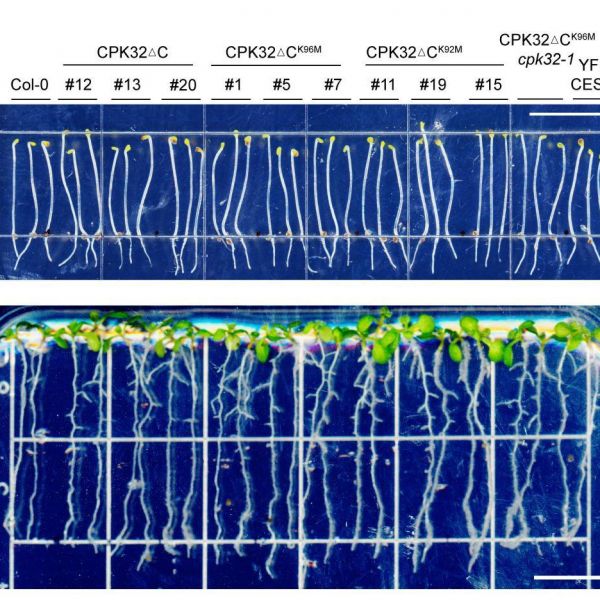
Jul 11, 2023
Newly identified protein regulates the creation of cellulose in plant cells
Cellulose — an integral component of plant cell walls — is an important source of food, paper, textiles and biofuels, but how its creation is regulated within plant cells has remained unclear.
Full Article
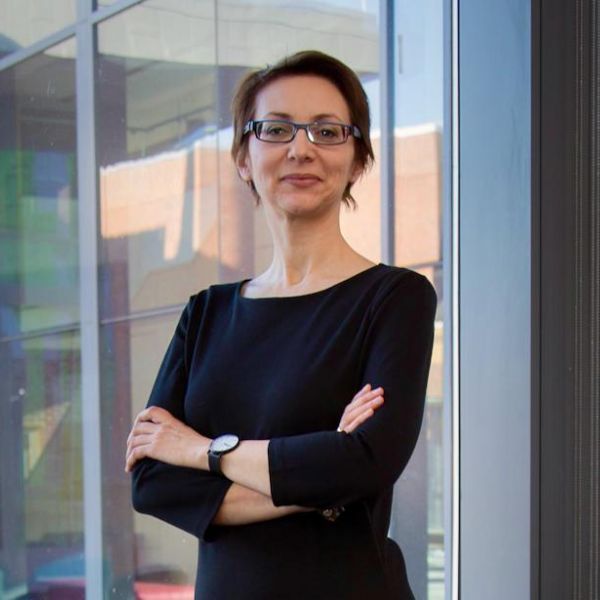
Jul 07, 2023
Slavković named Huck Chair in Data Privacy and Confidentiality
Aleksandra "Seša" Slavković, professor of statistics and public health sciences and associate dean for graduate education in the Eberly College of Science at Penn State, has been appointed Dorothy Foehr Huck and J. Lloyd Huck Chair in Data Privacy and Confidentiality.
Full Article
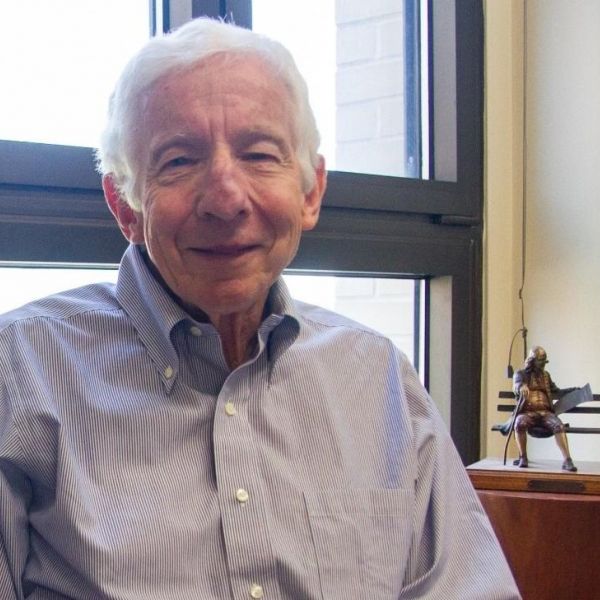
Jul 06, 2023
Penn State chemist Stephen Benkovic named Atherton Professor
Stephen Benkovic, Evan Pugh Professor and Holder of the Eberly Family Chair in Chemistry at Penn State, has been honored by Penn State with the title of Atherton Professor.
Full Article
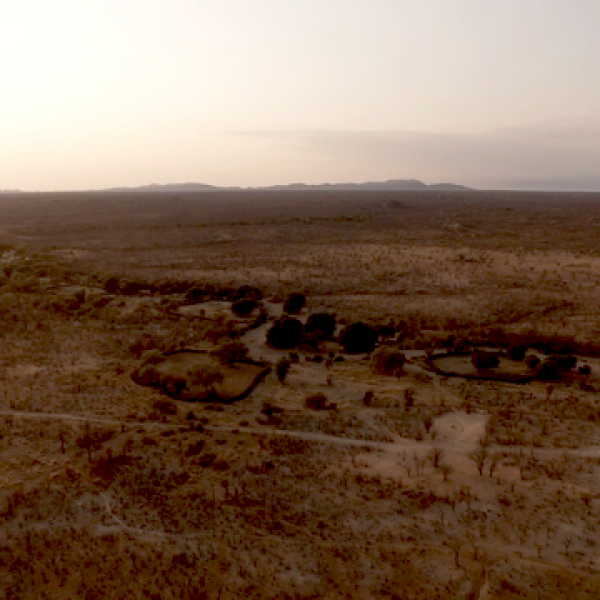
Jul 06, 2023
Mobile phone data used for public health underrepresent vulnerable populations
Mobile phone data are increasingly used in public health management and disease outbreak response, as demonstrated during the COVID-19 pandemic when location data were used as a proxy for human movement and contacts.
Full Article
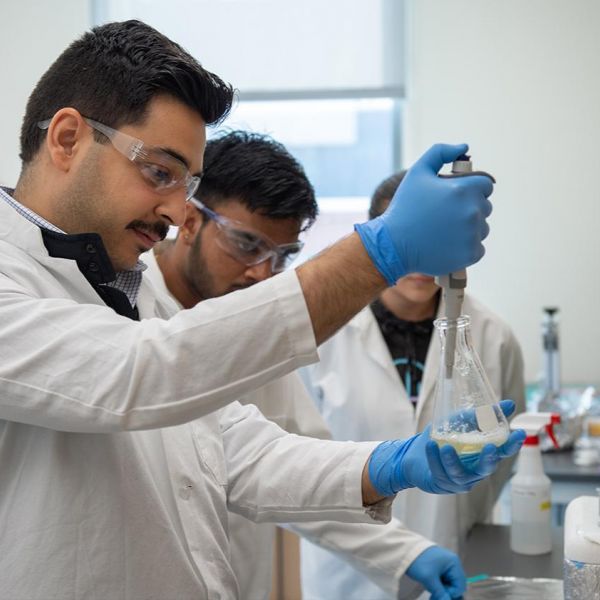
Jul 06, 2023
Soft tissue restoration, blood vessel formation focus of $3M grant
The ability to regenerate and pattern blood vessels, the literal lifelines extending deep into soft tissues, remains an elusive milestone in regenerative medicine.
Full Article
Jul 03, 2023
Podcast reveals how daily stress may affect our health as we age
From work demands to family responsibilities to social expectations, most of us spend our lives bouncing from one stressor to another, all the while contending with a continuous onslaught of digital information feeds.
Full Article

Jun 26, 2023
Neela Yennawar and Scott Lindner selected as 2023 Huck Leadership Fellows
Launched in 2022, the Huck Leadership Fellows Program was developed for faculty members seeking to sharpen their leadership skills with an opportunity for exposure to senior leadership within the interdisciplinary research unit.
Full Article